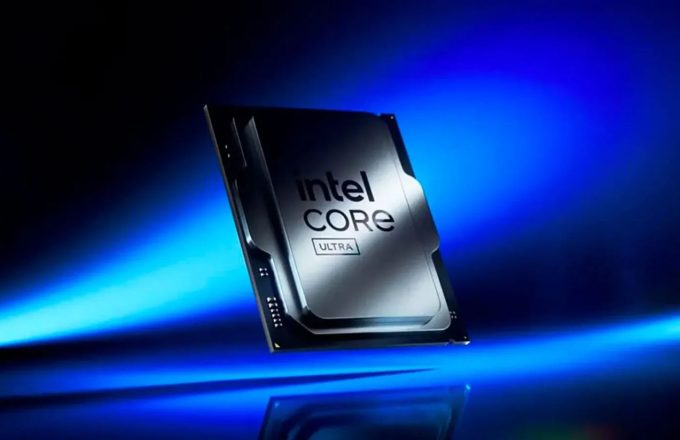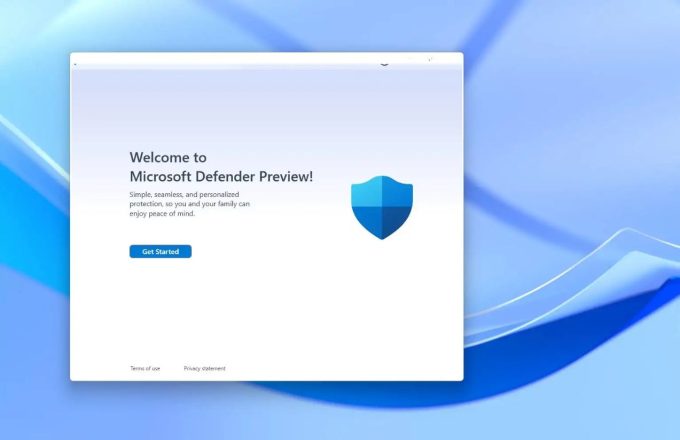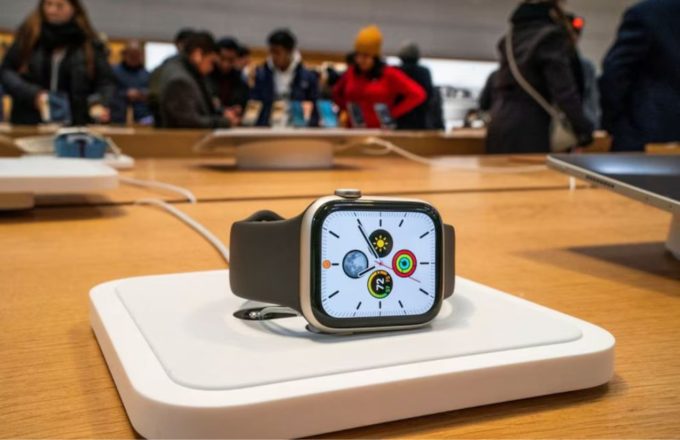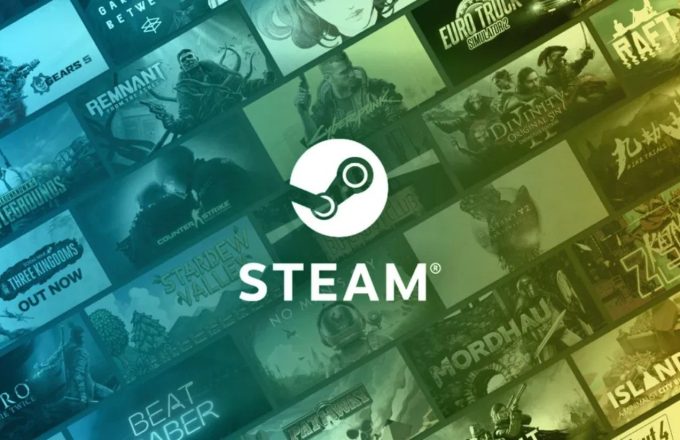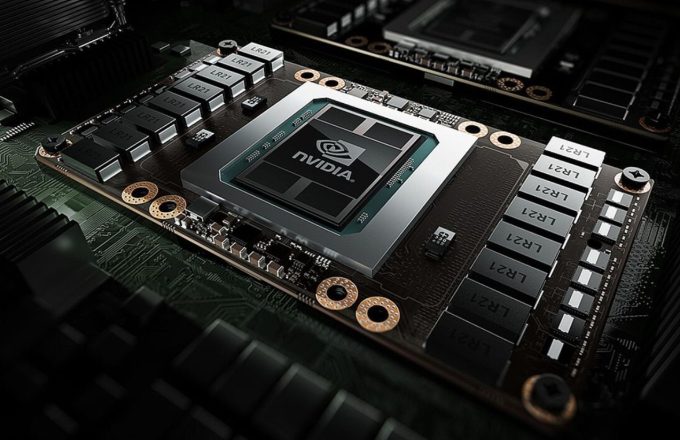Tech
 Alexander BohorquezMarch 19, 202512
Alexander BohorquezMarch 19, 202512
Windows 11 will assess whether your PC’s hardware is good or bad
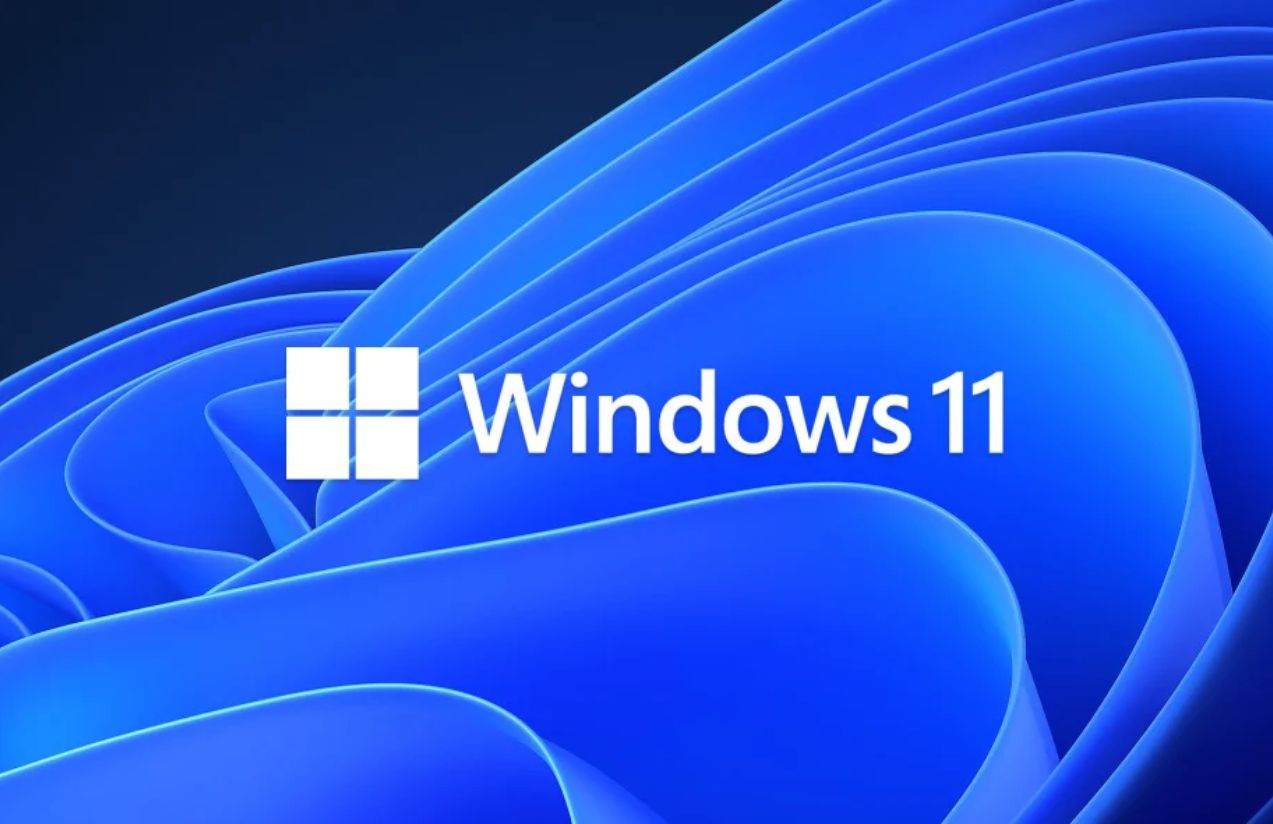
Don't miss
Related Articles
Tech  Alexander BohorquezJuly 24, 2025
Alexander BohorquezJuly 24, 2025
Intel aims for redemption with its new core ultra 300 nova lake processors
After a rocky debut, Intel’s Core Ultra 200 series failed to meet...
TechViral  Alexander BohorquezJuly 23, 2025
Alexander BohorquezJuly 23, 2025
Meta strengthens safety measures to protect teens on Instagram
Meta, the parent company of Instagram, has announced new safety tools aimed...
Tech  Alexander BohorquezJuly 22, 2025
Alexander BohorquezJuly 22, 2025
LibreOffice accuses microsoft of using “unnecessarily complex” file formats to lock in users
The team behind LibreOffice has launched a scathing criticism of Microsoft, accusing...
Tech  Alexander BohorquezJuly 21, 2025
Alexander BohorquezJuly 21, 2025
Is Windows Defender Enough, or Do You Need an Additional Antivirus?
Most Windows users rely on a built-in security feature that comes preinstalled...
Tech  Alexander BohorquezJuly 17, 2025
Alexander BohorquezJuly 17, 2025
Google Brings Its Gemini AI to Wear OS Smartwatches
Google’s most advanced artificial intelligence is now available right on your wrist....
TechVideogames  Alexander BohorquezJuly 16, 2025
Alexander BohorquezJuly 16, 2025
Generative AI Takes Over the Gaming Industry: One in Five New Steam Releases Now Use It
As generative artificial intelligence reshapes the creation and consumption of digital content,...
Tech  Alexander BohorquezJuly 15, 2025
Alexander BohorquezJuly 15, 2025
The AI Chip Boom: Companies Use Hardware as Collateral to Secure Billions in Funding
The rise of artificial intelligence has driven up the value of high-performance...
EconomyTech  Alexander BohorquezJuly 11, 2025
Alexander BohorquezJuly 11, 2025
Bitcoin Breaks Records, Surpasses $118,000 Driven by ETFs and Political Backing
Bitcoin soared to a new all-time high on Friday, reaching $118,661.10, fueled...












